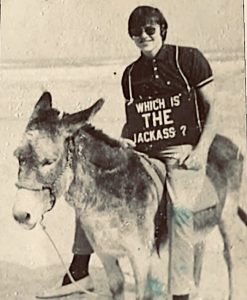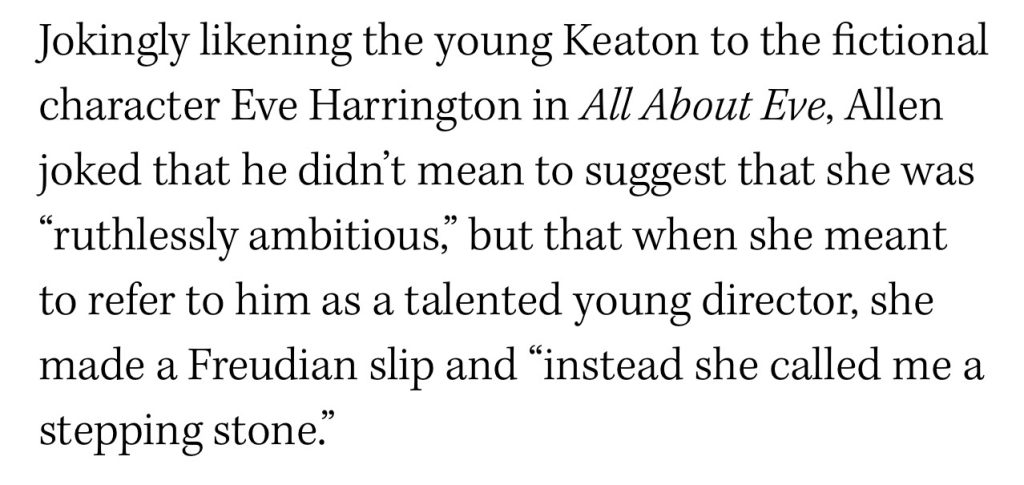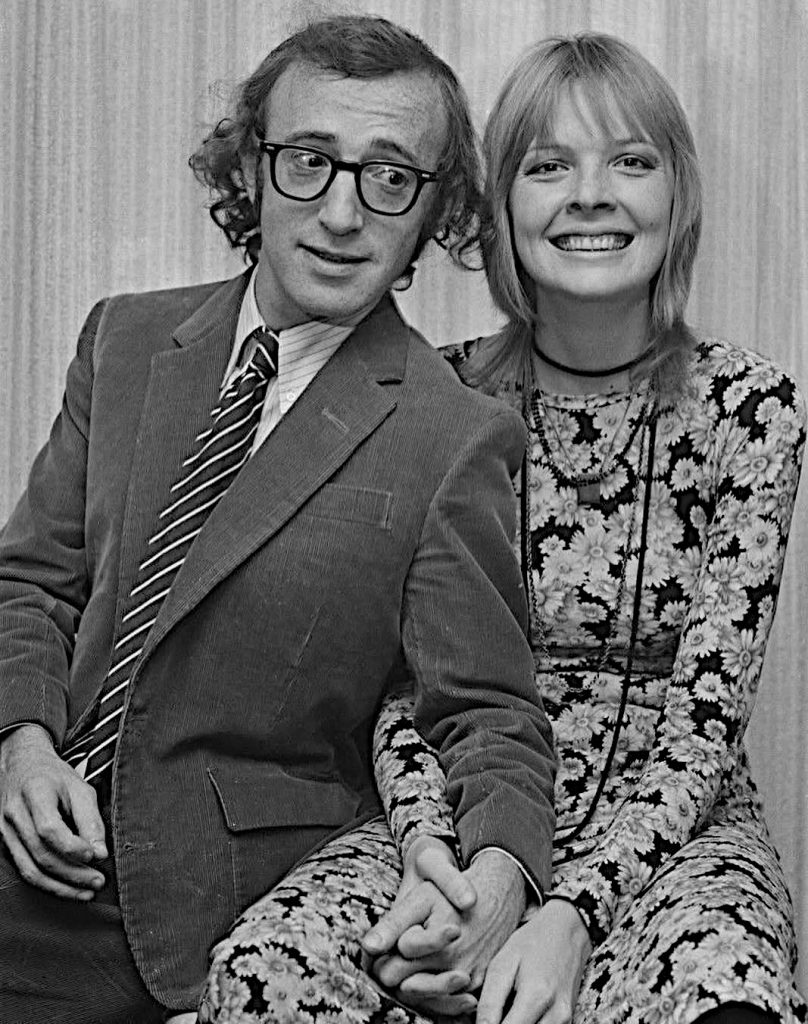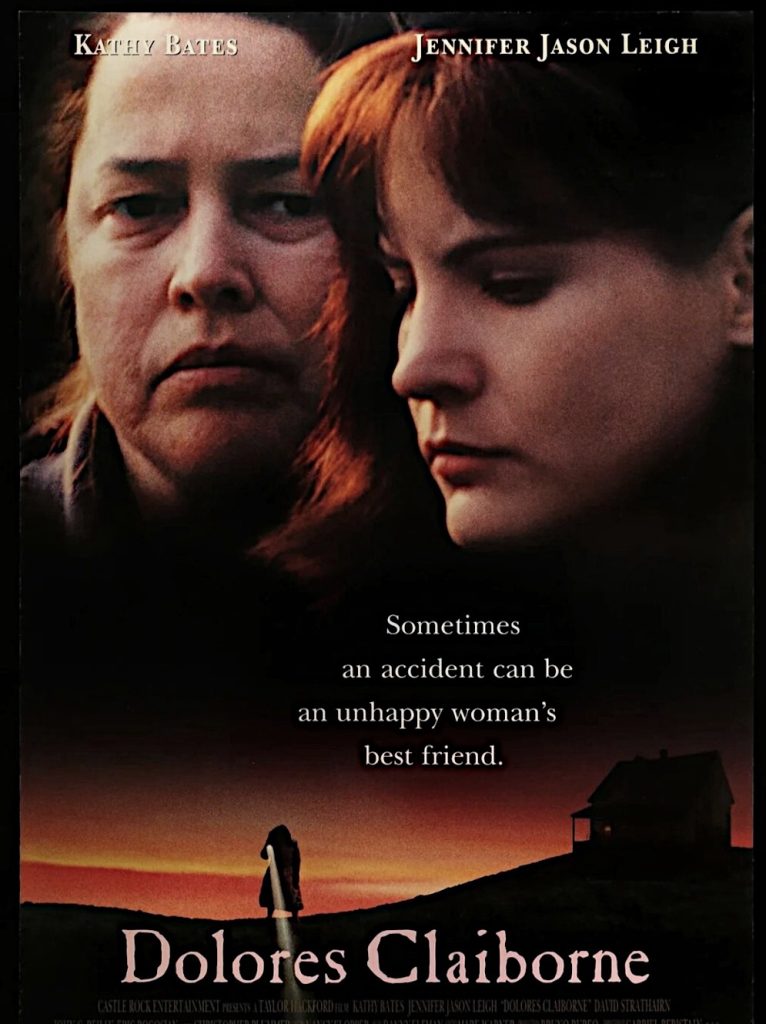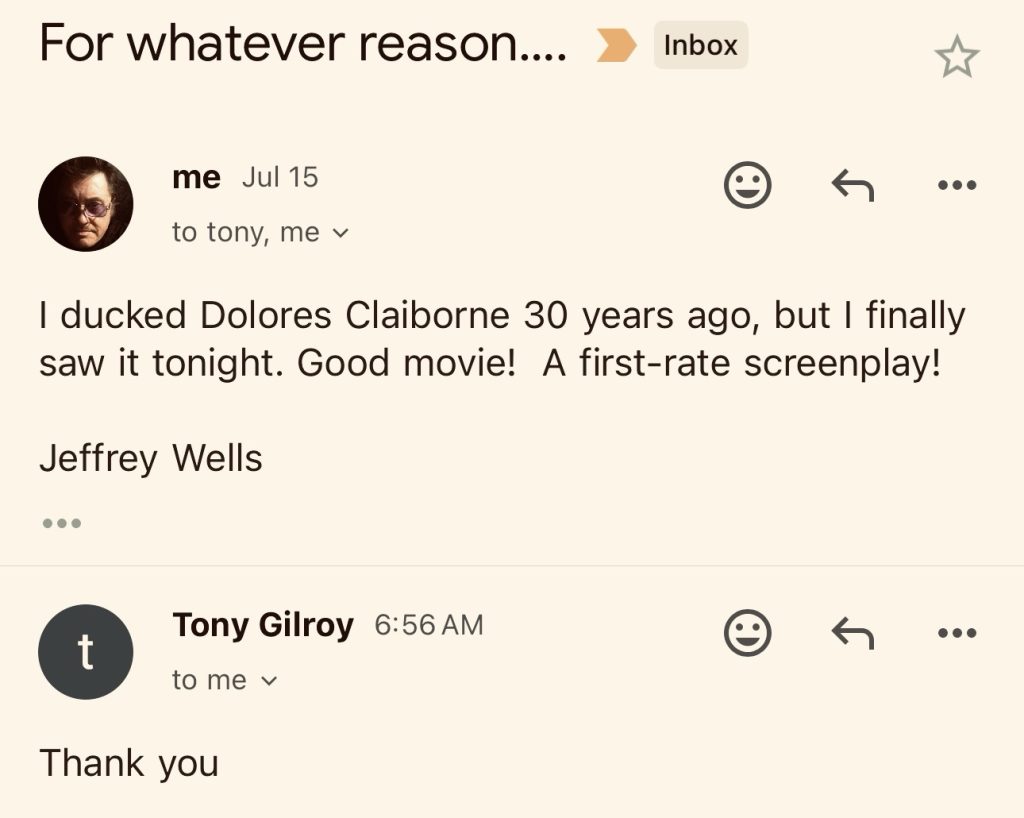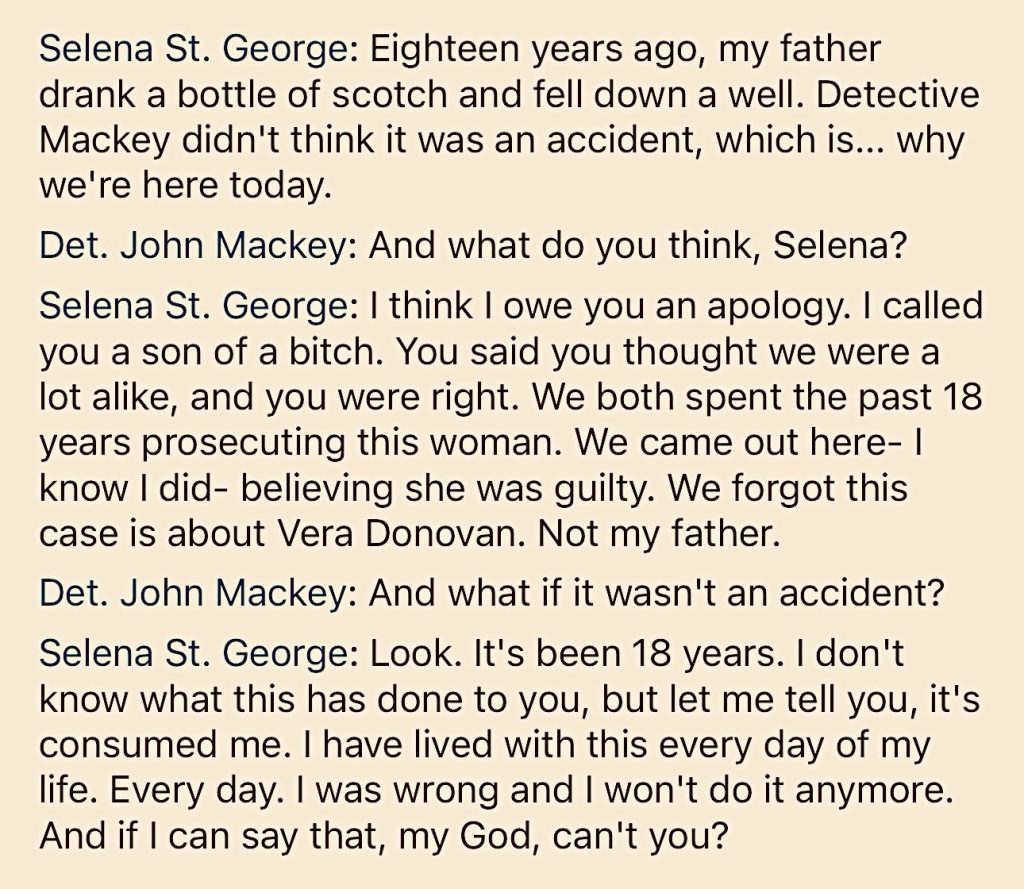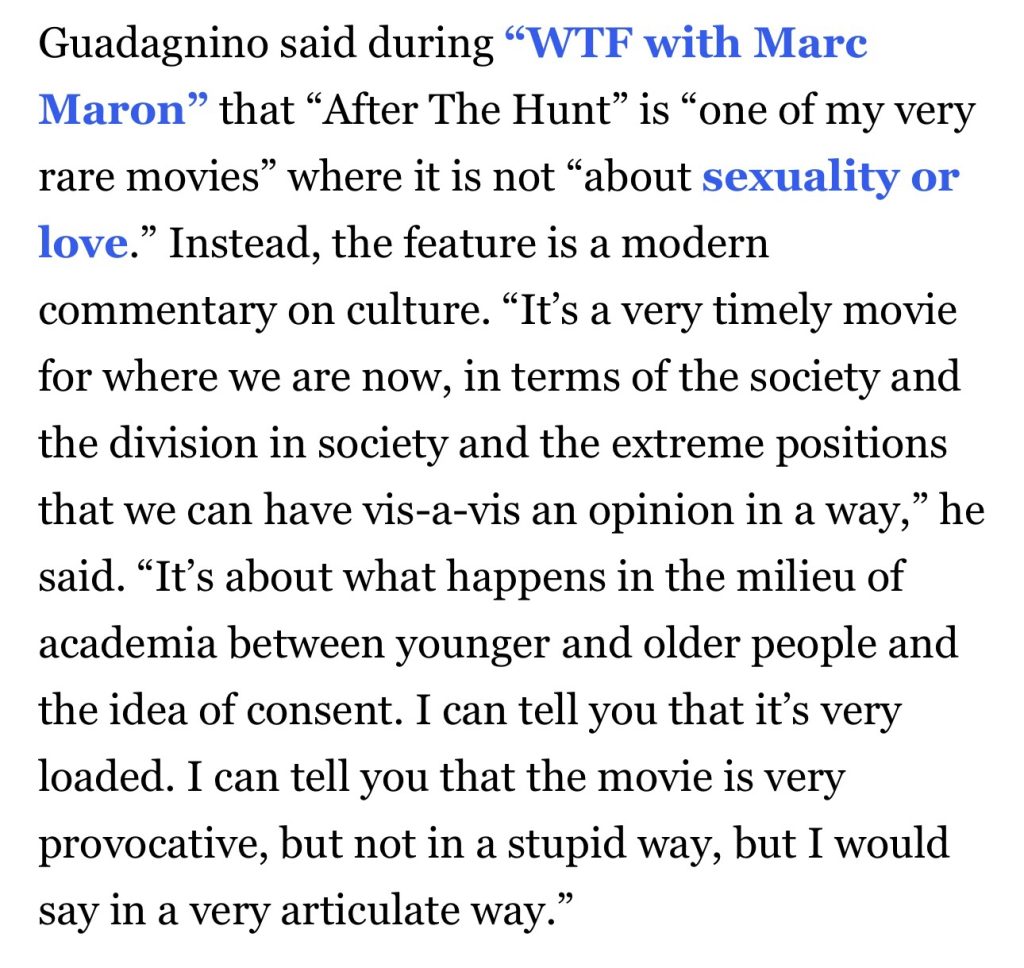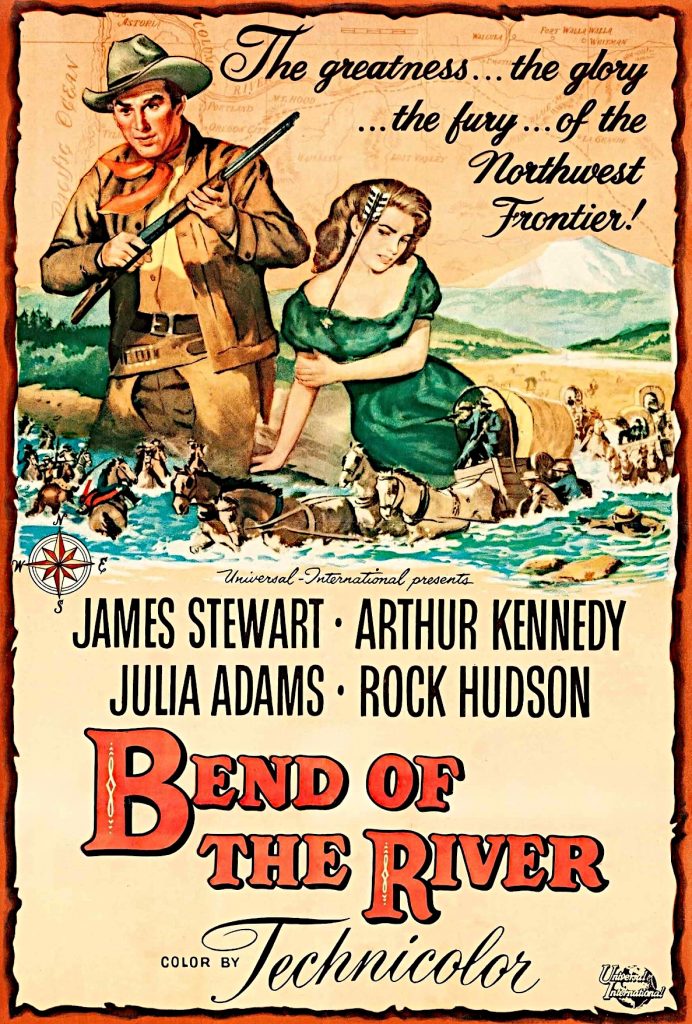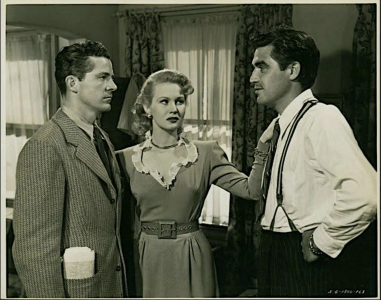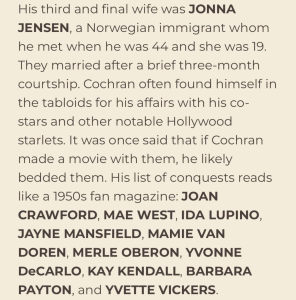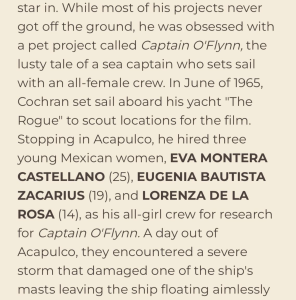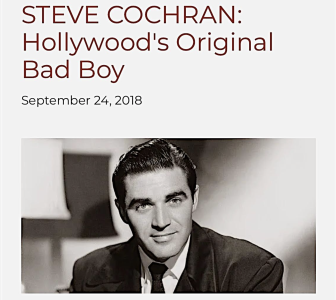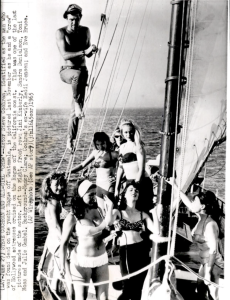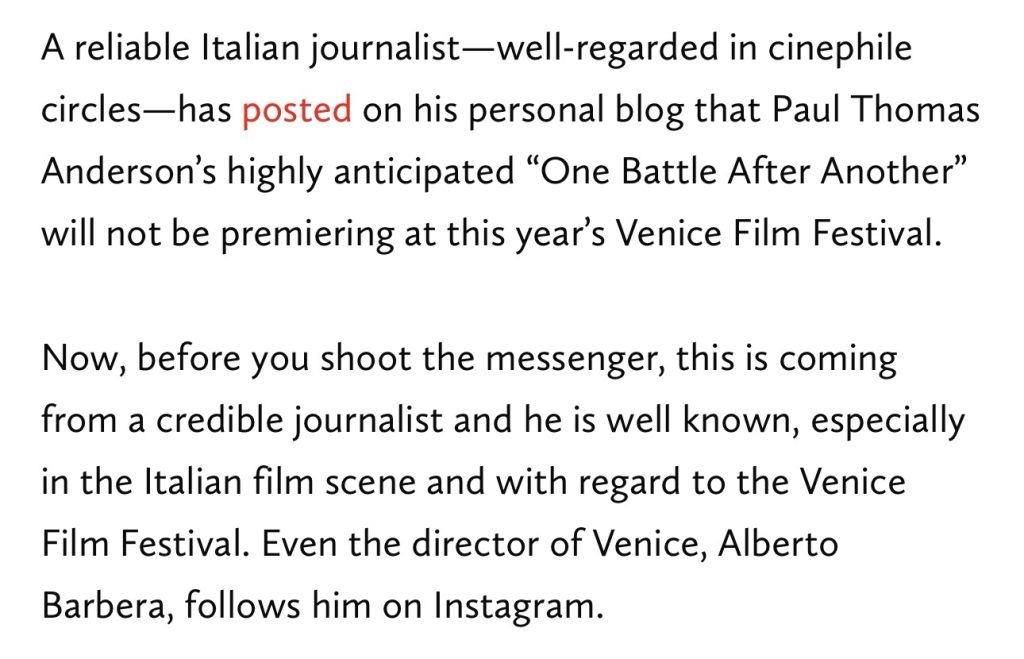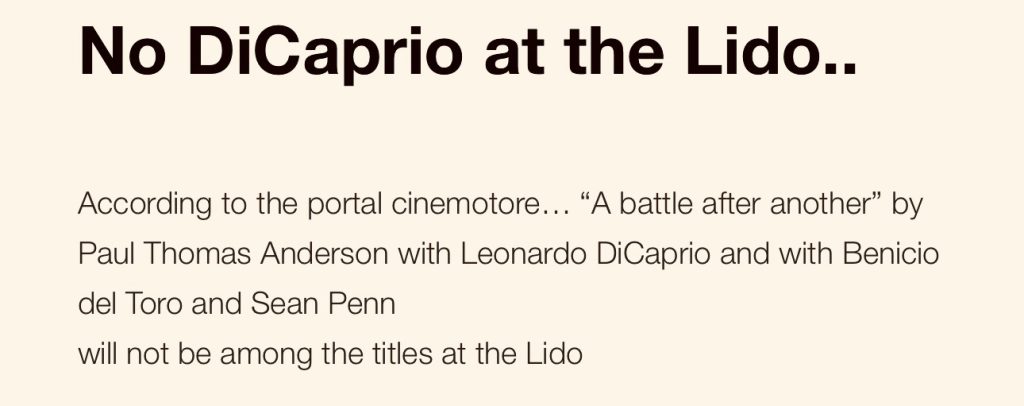Posted last night by the redoubtable Bob Hightower in the wake of yesterday’s brief Connie Francis obit-slash-tribute — “Not-So–Prudish Girl From New Jersey”:
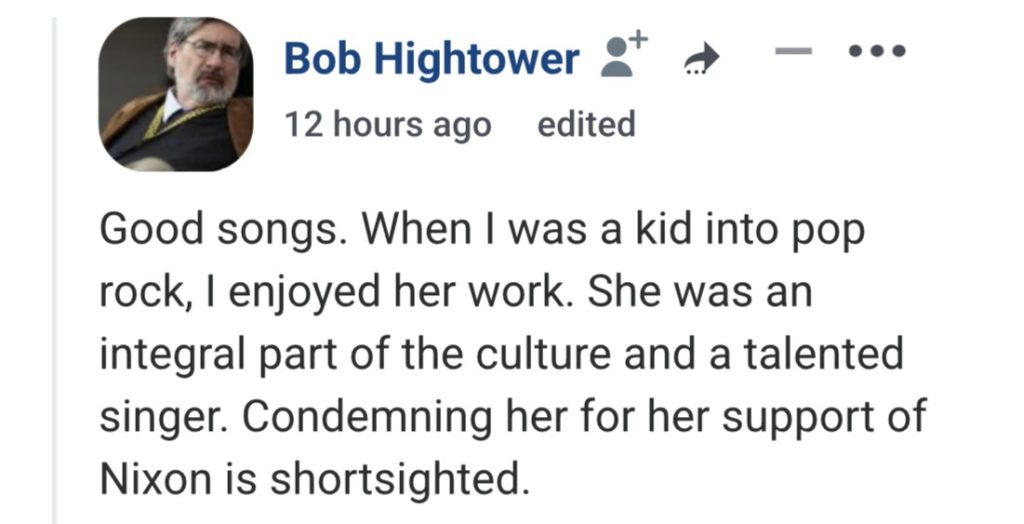
HE replies:
I’m not “condemning” Francis for having recorded “Nixon’s The One” in 1968. “Not cool” is simply, merely a frowned–upon thing — not a career damaging felony, but in the eyes of her 30-and-under peers (a major social slogan back then was “don’t trust anyone over 30”) certainly a social misdemeanor.
The message of Nixon’s ‘68 campaign was basically “all of this social convulsion stuff has gone too far!”…he was saying “enough with the repulsive, antiwar, pot-smoking hippies and yippies” and was calling for a re-assertion of U.S. pride and traditionalism along with anti-youth-activist repression — in a word “lawnorder”.
A somber, straightlaced, opposite-of-Senator Eugene McCarthy figure, Nixon appealed to the silent majority (law-abiding, tax-paying, Middle American normies) who were saying “enough already!” because things had gotten too crazy with militant antiwar street action and burning cities following the April ‘68 assassination of MLK and the subsequent murder of RFK two months later.
1968 was easily one of the most socially convulsive, politically divisive, tearing-asunder years in U.S. history, primarily due to anti-Vietnam War furor and the concurrent rise of radical left orgs like SDS and the Black Panthers and Abbie Hoffman and Jerry Rubin’s Yippie movement, not to mention the growing social (and sexual) radicalization of college-age, middle- and upper-middle-class youth.
Connie Francis recording that pro-Nixon campaign song was a social identity statement that basically said “I’m with the normies and with Merle Haggard and the Okies from Muskogee**…I’m aligned with your stodgy parents and the billy-club cops and the construction-worker hardhats** and Peter Boyle’s ‘Joe’** and in support of our boys fighting to stop the commies from taking over South Vietnam.”
An overwhelming majority of the left-leaning showbiz community was against the war and was generally in a posture of sympathizing with or at least understanding the tumultuous social changes that were afoot back then, and yet Francis was basically saying “I’m proud of our glorious flag and U.S. traditions (including imperialism abroad) and so I’m with Bob Hope and Anita Bryant and Morey Amsterdam and Pat Boone.”
The U.S. was a free country back then and so Francis was fully, naturally and obviously entitled to her opinions, but you can’t say that in the context of ‘68 her views and political alignments weren’t, at the very, VERY least, “uncool.”
** Yes, I’m aware that Haggard’s “Okie From Muskogee” popped in July of ‘69 and that those World Trade Center construction workers beat up hippie protestors in ‘70, and that John Avildsen’s Joe opened on 7.15.70, but the resentful working-class feelings that drove these social expressions were fully felt and shared in ‘68.
